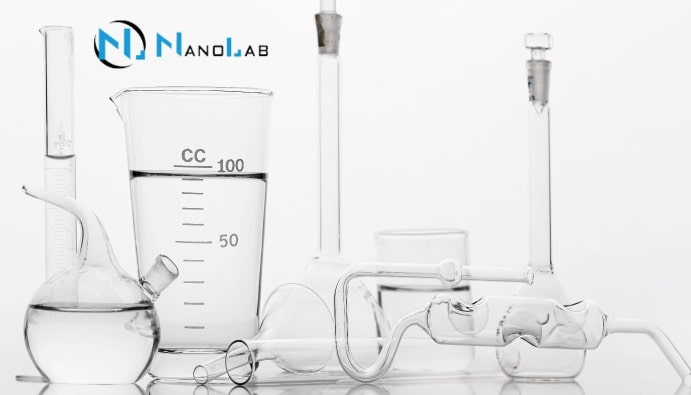Determination of Alkalinity in Water: Methods and Importance
What are the Alkalinity Test Methods for Water Samples?

What is Alkalinity in Water?
Alkalinity refers to the total concentration of bicarbonate (HCO₃-), carbonate (CO₃²-) and hydroxide (OH-) ions in water. These ions provide buffering properties to water and provide resistance to sudden pH changes. Water with a high alkalinity value keeps its pH constant even if an acidic solution is added.
Alkalinity in water resources is usually the result of the dissolution of natural rocks. For example, the alkalinity of water increases when carbonate-containing rocks such as limestone and dolomite dissolve. Soft waters have low alkalinity, while waters rich in calcium bicarbonate show high alkalinity.
Why is Alkalinity Determination in Water?
Alkalinity determination is of great importance to determine whether the water is suitable for its intended use and to maintain the pH balance. Here are some important factors that show why alkalinity determination is performed:
- Water Quality Assessment: Alkalinity is used to determine the quality of drinking water or agricultural irrigation water. Low alkalinity can cause water to become acidic and lead to corrosion of metal surfaces.
- Providing Protection in Industrial Processes: High alkalinity can cause scaling of boilers and piping systems used in industrial plants. Water alkalinity is therefore regularly monitored to ensure efficient operation of industrial processes.
- Control of Agricultural Irrigation Water: Water with too high alkalinity can disrupt the pH balance of the soil, negatively affecting nutrient uptake by plant roots. Proper alkalinity level in agriculture is important for efficient production.
- Maintaining pH Balance:Alkalinity increases the buffering capacity of water, making it resistant to pH changes. Alkalinity should be monitored regularly to maintain a balanced pH level in drinking water.
What are the Methods for Determination of Alkalinity in Water?
Determination of alkalinity in water is usually done using the titration method. During titration, acid solutions are added to neutralize the alkalinity in the water and the amount of acid consumed is measured. Here are the commonly used methods:
- Titration Method: In this method, a certain acid (usually HCl) is added to the water sample and titrated until the pH of the water reaches 4.5. The total alkalinity in the water is calculated with the results obtained. Phenolphthalein alkalinity; indicates the carbonate content of the water. Total alkalinity; It expresses the sum of bicarbonate and carbonate content.
- Automated Titration Systems: Automatic titration devices are used for faster and more precise measurements. These devices automatically record the pH change by adding acid to the sample and calculate the alkalinity.
- Spectrophotometric Methods: In some cases, alkalinity determination can be performed with UV-visible spectrophotometers to determine the chemical substances in the water. This method is especially preferred for waters containing colored compounds.
- Electrochemical Methods: With this method using electrodes, the concentration of carbonate and bicarbonate ions in water is measured according to pH changes. It is a preferred method especially in online monitoring systems.
Alkalinity testing is carried out for the control and evaluation of samples such as drinking water, domestic water, waste water, pool water. Alkalinity analyzes are carried out to determine the resistance of water to hardness and pH value.
If the alkalinity test result is high in a water sample, resistance to a decrease in pH is observed in the environment. In the face of this situation, if the pH value remains high, the disinfection processes applied to the water may be insufficient. In order to prevent these situations, an appropriate disinfection system can be planned by regularly analyzing the alkalinity of water samples.
Standards for Determination of Alkalinity in Water
- SM 2320 B: Alkalinity by Titration
- TS 4182 EN ISO 9963-2 Water quality - Determination of alkalinity - Part: 2 Determination of carbonate alkalinity
- TS 5786 Surfactants - Determination of alkalinity - Titrimetric method
Nanolab Laboratories Group continues to provide services within the scope of Water Alkalinity Determination . We also provide services in Cooling and Process Water Analysis
Contact us for more information.
You can follow us on LinkedIn for up-to-date news and shares about our services.
Follow our Instagram account to be informed about our latest blog posts.

